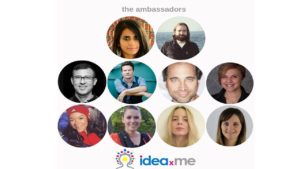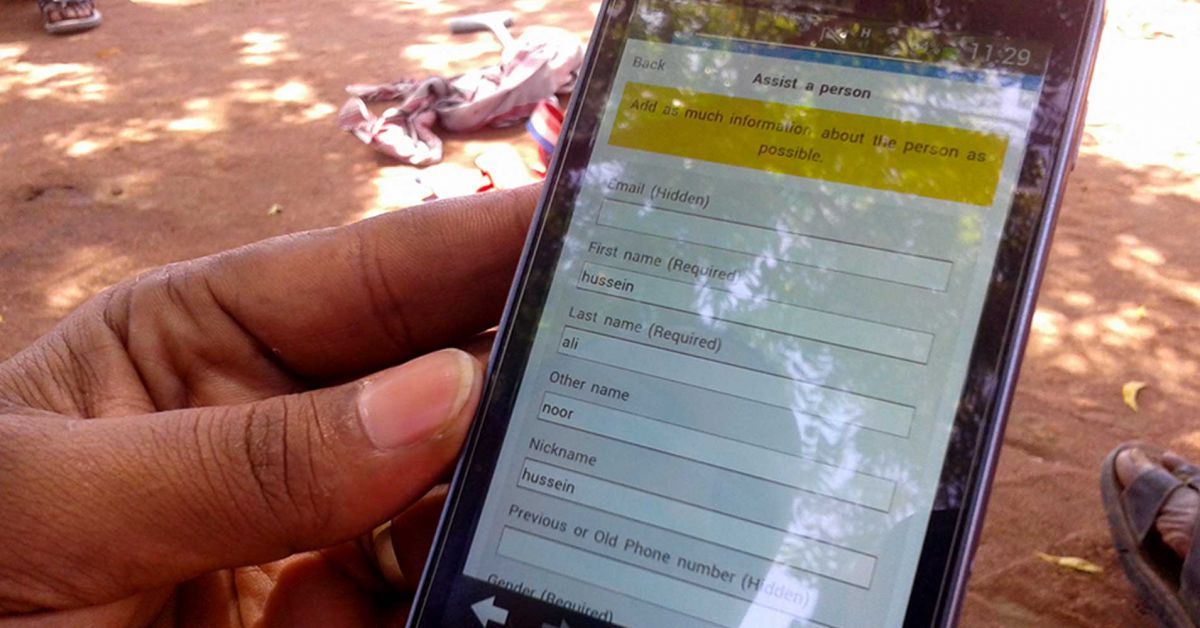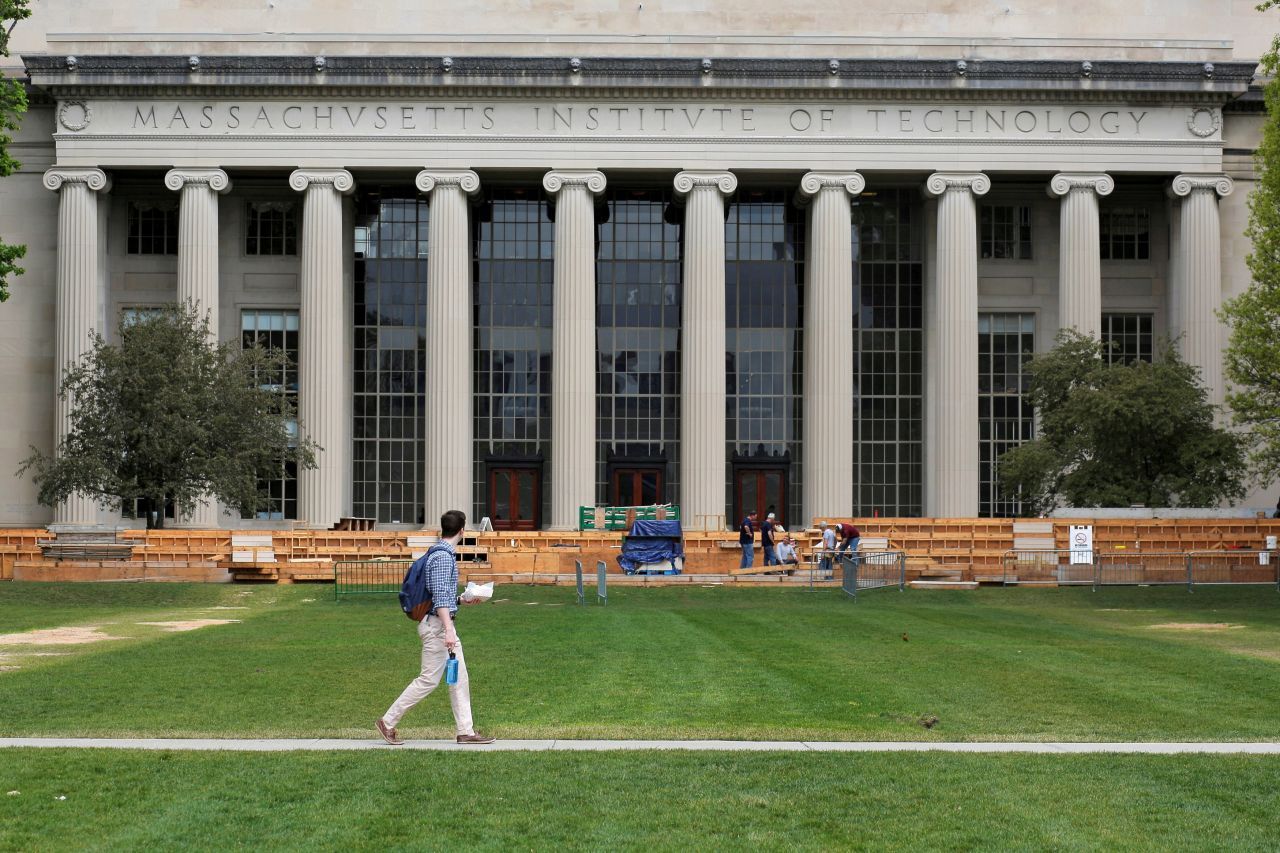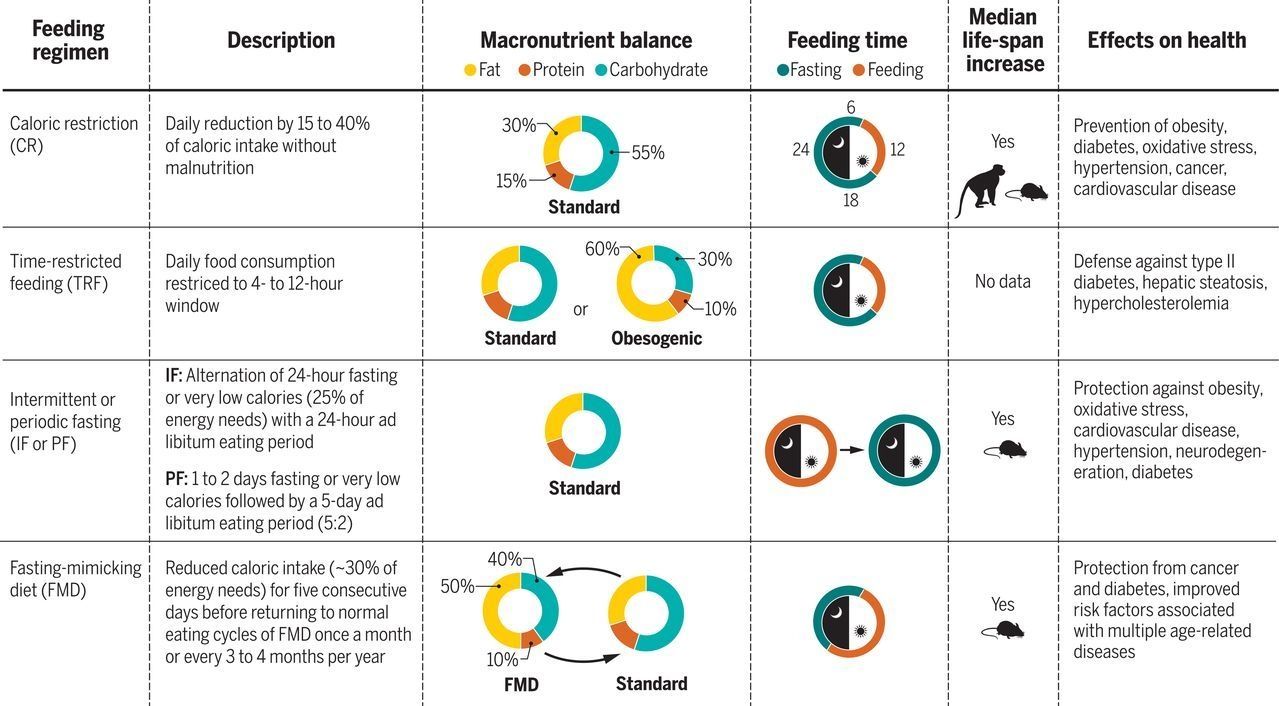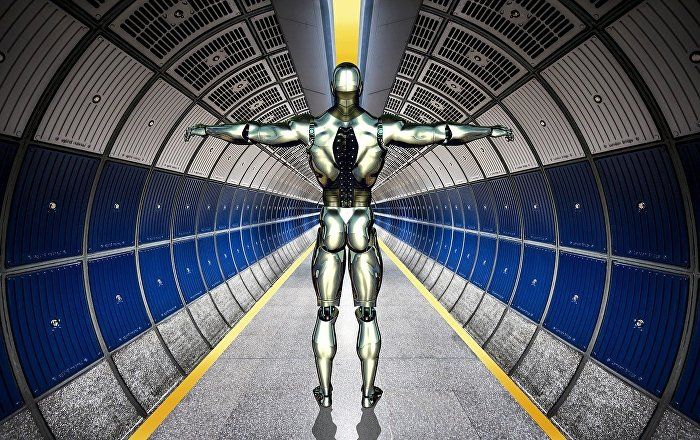The accelerating investment in artificial intelligence has vast implications for economic and cognitive development globally. However, AI is currently dominated by an oligopoly of centralized mega-corporations, who focus on the interests of their stakeholders. There is a now universal need for AI services by businesses who lack access to capital to develop their own AI services, and independent AI developers lack visibility and a source of revenue. This uneven playing field has a high potential to lead to inequitable circumstances with negative implications for humanity. Furthermore, the potential of AI is hindered by the lack of interoperability standards. The authors herein propose an alternative path for the development of AI: a distributed, decentralized, and democratized market for AIs run on distributed ledger technology. We describe the features and ethical advantages of such a system using SingularityNET, a watershed project being developed by Ben Goertzel and colleagues, as a case study. We argue that decentralizing AI opens the doors for a more equitable development of AI and AGIt will also create the infrastructure for coordinated action between AIs that will significantly facilitate the evolution of AI into true AGI that is both highly capable and beneficial for humanity and beyond.
Category: economics
Space, Oceans, Literature, Entertainment, Sports, Medicine, Fashion, Longevity — Honored to be among this group of thinkers, coming up with the innovative ideas that shape the future — http://radioideaxme.com
Gardens are good for you. Having 10 per cent more green space in your surroundings can bring health improvements roughly equivalent to being five years younger, according to one study – even when other possible influences like socio-economic status are taken into account. Others have found that people who tend allotments are healthier and have higher self-esteem and well-being, and that each session on their plot is linked to a decrease in the level of the stress hormone cortisol.
So there are lots of reasons to get outside and get growing. Plenty of advice has remained gardening gospel despite going against the laws of nature. We’ve pruned back some of horticulture’s hardiest myths to help you along.
Between the never-ending stream of news linking bad actors to social networks and studies documenting society’s growing smartphone addiction, it seems almost wrong today to think that technology can — ahem — help make the world a better place.
That’s why I am thankful for the annual Inclusive Innovative Challenge, hosted by MIT’s Initiative on the Digital Economy. Launched in 2016, the IIC seeks out and awards entrepreneurs that are leveraging technology advances to reinvent the future of work. That’s right. There remains, even in this news cycle, firms committed to tapping technology’s ability to connect—and not divide—people and build—and not threaten—jobs and other economic activities.
Or, as the challenge organizers put it:
Earth’s natural resources largely determine the global economy’s ebb and flow. As such, the effects of climate change continue to cause concern among economists and environmentalists alike.
In 2018, professors William Nordhaus and Paul Romer won the Nobel Prize in Economics for their work exploring how climate change affects economic stability. Ultimately, the pair’s research found the phenomena to be closely linked. The case for investment in sustainable ventures is clear: Without such commitments, both the planet and the global economic ecosystem will suffer.
Sustainable investments may jump start the slow process of changing consumer habits. Below, we examine the economy-boosting benefits of environmentally friendly business models — and how sustainable investment plays an important role.
! A new review on the positive effects on lifespan and health of fasting and calorie restriction.
Nutrient composition and caloric intake have traditionally been used to devise optimized diets for various phases of life. Adjustment of meal size and frequency have emerged as powerful tools to ameliorate and postpone the onset of disease and delay aging, whereas periods of fasting, with or without reduced energy intake, can have profound health benefits. The underlying physiological processes involve periodic shifts of metabolic fuel sources, promotion of repair mechanisms, and the optimization of energy utilization for cellular and organismal health. Future research endeavors should be directed to the integration of a balanced nutritious diet with controlled meal size and patterns and periods of fasting to develop better strategies to prevent, postpone, and treat the socioeconomical burden of chronic diseases associated with aging.
The worldwide increase in life expectancy has not been paralleled by an equivalent increase in healthy aging. Developed and developing countries are facing social and economic challenges caused by disproportional increases in their elderly populations and the accompanying burden of chronic diseases. Geriatricians and gerontologists have contributed greatly to our understanding of the consequences and processes that underlie aging from clinical, social, mental, physical, and biological perspectives. The primary goal of aging research is to improve the health of older persons and to design and test interventions that may prevent or delay age-related diseases. Besides socioeconomic status, energy, environmental quality, and genetics are the most powerful determinants of health and longevity. Although environmental quality and genetics are not under our direct control, energy intake is.
Following recent trends in state-of-the-art developments, from cryptocurrencies and universal basic income to biohacking and the surveillance state, transhumanism has been moved into the limelight of political discourse to reshape humanity’s future.
Andrew Vladimirov, Information security specialist, biohacker and one of the original members of the Transhumanist Party UK, spoke in-depth with Sputnik about the rise of transhumanism and its implications.
LEXINGTON, Ky. (NOVEMBER 15, 2018) – Space Tango, a leader in the commercialization of space through R&D, bioengineering and manufacturing in microgravity, today announced ST-42, a fully autonomous robotic orbital platform designed specifically for scalable manufacturing in space. Launching in the mid 2020’s, ST-42 aims to harness the unique environment of microgravity to produce high value products across industries; from patient therapeutics to advanced technology products that have the potential to revolutionize industries here on Earth. ST-42 is an extension of the International Space Station’s (ISS) capabilities, and NASA’s creation of a robust commercial marketplace in low Earth orbit (LEO).
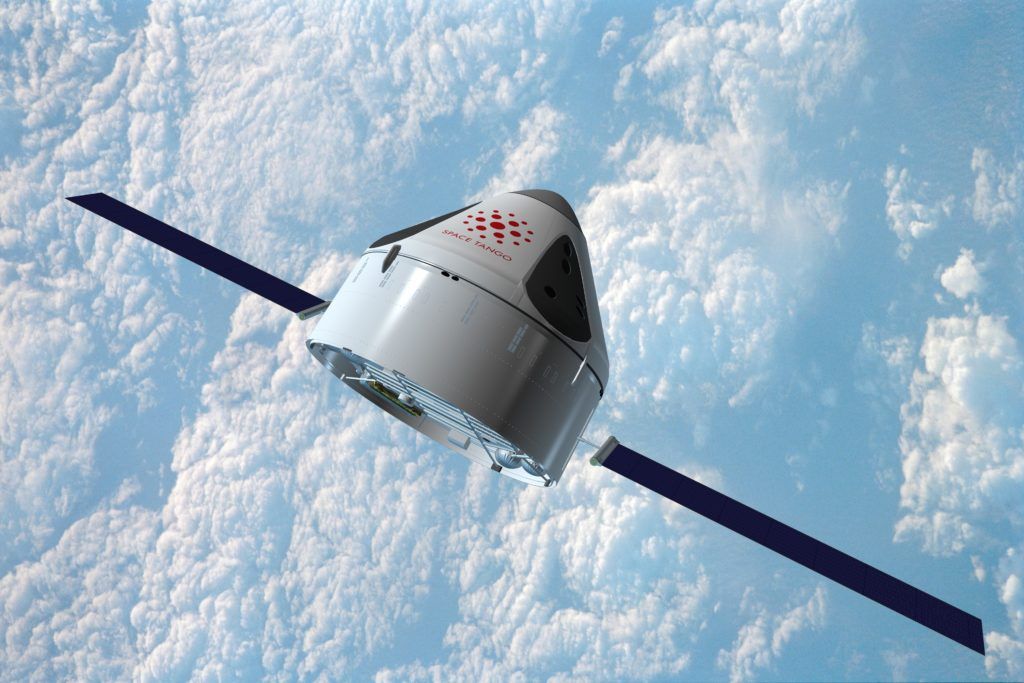
ST-42 will bring the economics of production in orbit into reality coupling autonomy with the reduced cost and larger number of launch vehicle providers. Space Tango expects the platform to be at the forefront of new breakthroughs in knowledge discovery, therapeutic solutions and manufacturing, and to provide the required capabilities for creation of new biomedical and technology product sectors in the commercial Space economy.
‘’Durkheim’s profound insight was that despite the negative risks associated with the sacred, humans cannot live without it. He asserted that a lack of social solidarity within society would not only lead individuals to experience anomie and alienation, but might also encourage them to engage in extremist politics. Why? Because extremist politics would satiate their desperate desire to belong.
Globally, we are currently experiencing tremendous social and political turbulence. At the institutional level, liberal democracy faces the threat of rising authoritarianism and far-right extremism. At the local level, we seem to be living in an ever-increasing age of anxiety, engendered by precarious economic conditions and the gradual erosion of shared social norms. How might we navigate these difficult and disorienting times?
Emile Durkheim, one of the pioneers of the discipline of sociology, died 101 years ago this month. Although few outside of social science departments know his name, his intellectual legacy has been integral to shaping modern thought about society. His work may provide us with some assistance in diagnosing the perennial problems associated with modernity.
Whenever commentators argue that a social problem is “structural” in nature, they are invoking Durkheim’s ideas. It was Durkheim who introduced the idea that society is composed not simply of a collection of individuals, but also social and cultural structures that impose themselves upon, and even shape, individual action and thought. In his book The Rules of the Sociological Method he called these “social facts.”
